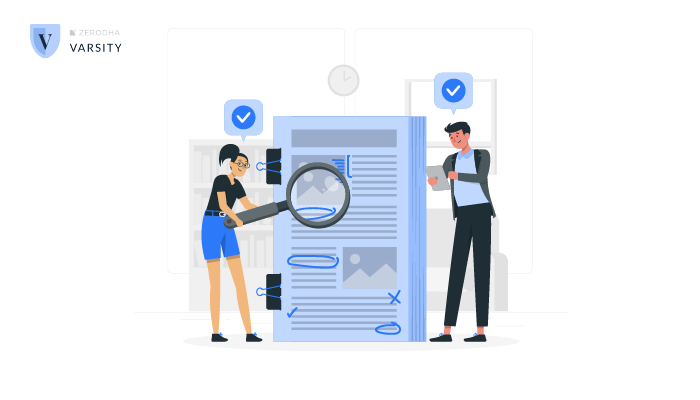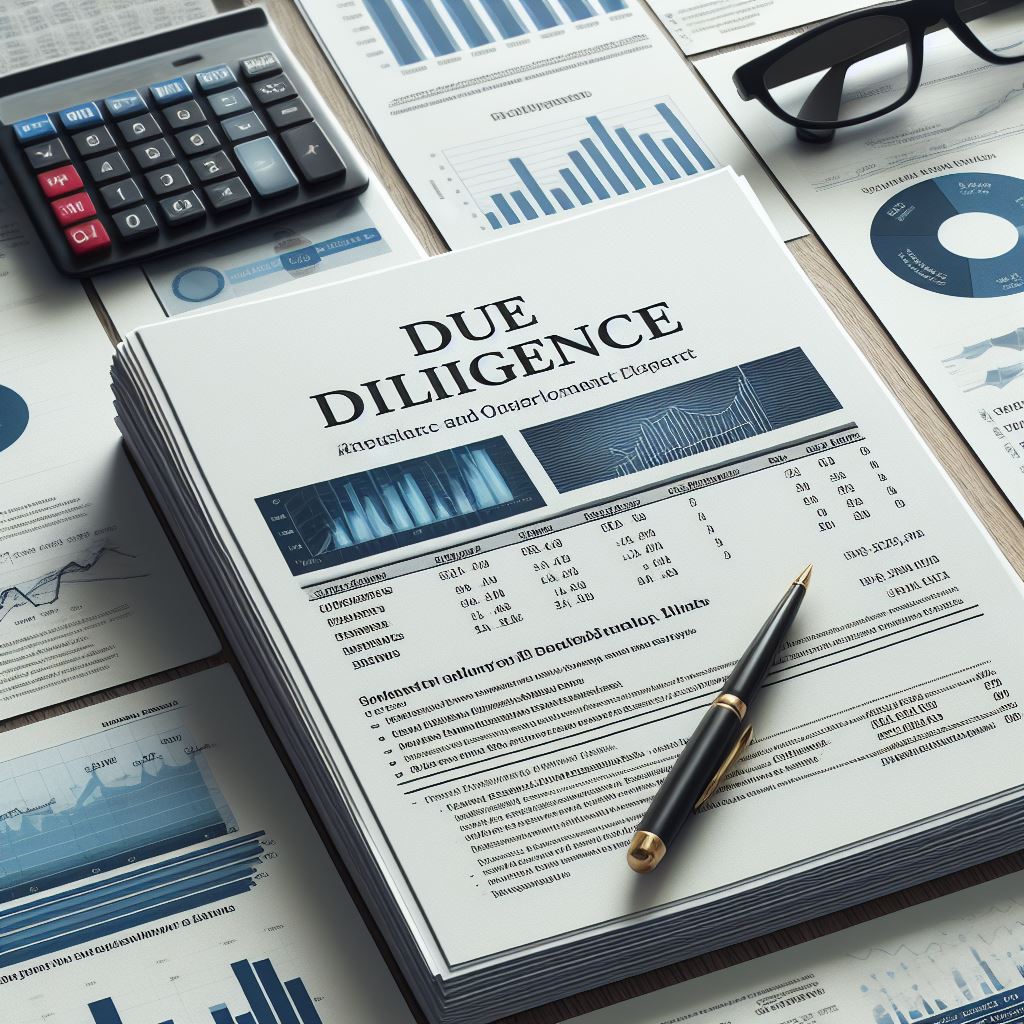
What is the due diligence (DD) process for VCs
We spoke about DD a few times earlier in the previous blogs. But what does DD really mean in the context of venture capital? This is quite important to understand given that, in most cases, there isn’t much data on financials and other metrics available in early-stage companies compared to mature companies. So, what do investors look for in DD?
Before we even list out things around DD, I have a personal take on this. While there can be various checks of the business, the real DD of any business starts once you invest. This is because it is only after you are an investor that you get to notice the company for quite a period of time, understand the nuances, understand decision-making, and understand board composition and conversations there. So, in reality, with venture capital, the initial DD is more of a sanity check to ensure that basics are taken care of.
In its basic form, due diligence is a process where a VC firm evaluates a startup before making an investment. The goal is to assess the viability, potential, and risks associated with the investment. Including but not limited to:
- Preliminary Screening: An initial screening to determine if the opportunity fits within their investment thesis and if there is initial alignment in terms of preferences. This involves understanding the product itself, traction, the potential market for the product, founder perspectives, and the startup team itself. During this phase, a VC looks for signals to suggest the startup is unique and sets itself apart from the other startups that have applied for funding. If the opportunity passes the initial screening, the VC firm will schedule a series of meetings with the founders to learn more about the business, the team, and the market opportunity.

- Detailed Business Plan Review: After the initial screening, as the VC meets the founders, the VC team will want to review the startup’s business plan in detail, looking at market analysis, competitive landscape, growth projections, and revenue models. At this stage, the idea is to understand the size of the business in the future and how much of that market share can be captured by this specific startup team. And any VC in this stage is also trying to understand why this team will be the one to chase this market.
- Financial Due Diligence: After the checks around the business itself, the DD then reaches the trenches of the business. The VC firm will either have an in-house team or a 3rd party consultant to conduct a thorough review of the startup’s financials, including revenue, expenses, cash flow, and projections. This stage may also involve working with a financial auditor. While for really early-stage companies, there isn’t much revenue, the Financial DD step can also include revenue recognition models, systems in place, and controls in place – all of which will help the startup scale.
- Legal Due Diligence: Along with the Financial DD, the VC firm will also conduct a legal review to ensure the startup’s intellectual property, contracts, and other legal aspects are in order. This step involves looking at all kinds of compliances to be followed as a private limited company. This step ensures that the startup is compliant with provisions of the law around labor and other aspects of a business in the geography where the startup is based.
- Product/Technology Review: If the startup has a product or technology, the VC firm will, in some cases, also assess its uniqueness, functionality, scalability, and potential for market adoption. This stage will involve experts and researchers who will opine on the product itself. This is quite an important step in derisking the investment itself, and most of the deep-tech and climate-tech VCs are using this step of the DD carefully.
- Reference Checks: The VC firm may also conduct reference checks with customers, partners, and industry experts to validate the startup’s claims and reputation.
Overall, the VC due diligence process is comprehensive and involves multiple steps to assess the investment opportunity from various angles. While we have listed a few of the steps above, the DD process is more subjective and varies between VC teams. The crux of the idea is to derisk the investment and have learnings documented in the investment analysis phase. However the DD process immensely helps the VC firm make informed decisions and mitigate risks associated with startup investments.
This is Dinesh Pai’s ninth post in the Venture Capital category. Dinesh heads investments for Rainmatter and is an avid blogger.

Thank you Dinesh, your post has been quite helpful for us as a family run business targeting to raise funds. Your simplistic way of explaining each important concept makes all the concepts, which we hear often thrown around, quite clear.